The best new eco booze containers
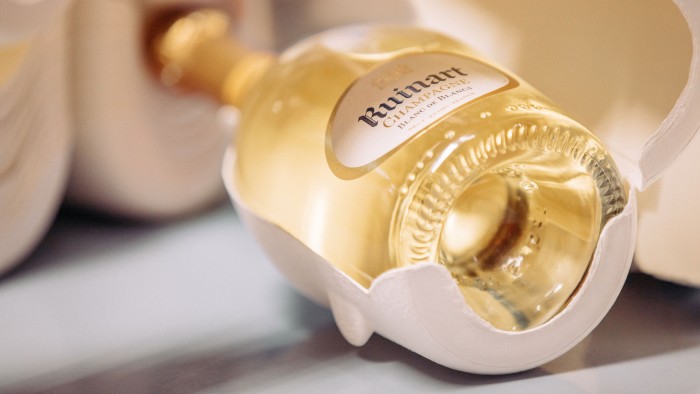
Roula Khalaf, Editor of the FT, selects her favourite stories in this weekly newsletter.
Good things come in small packages – so the saying goes. Luxury drinks, however, often come in packaging that’s grotesquely OTT: coffrets lined with moulded foam and fake velvet; oak boxes studded with hardware that weighs a ton. Some markets still admire this excess, I know. But to me it just looks out of date.
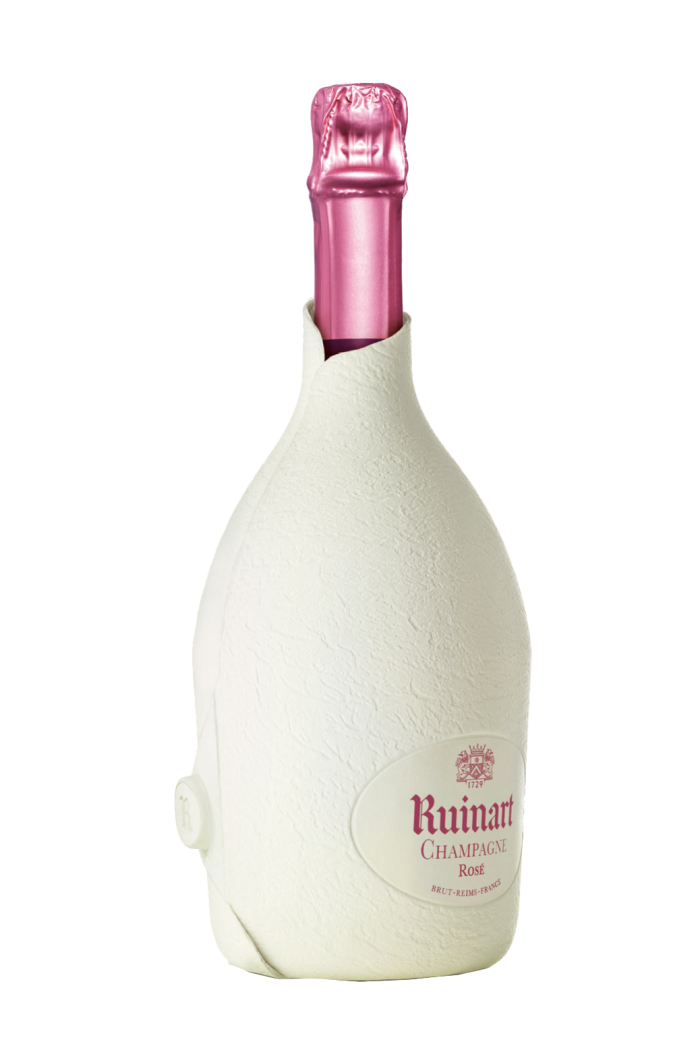
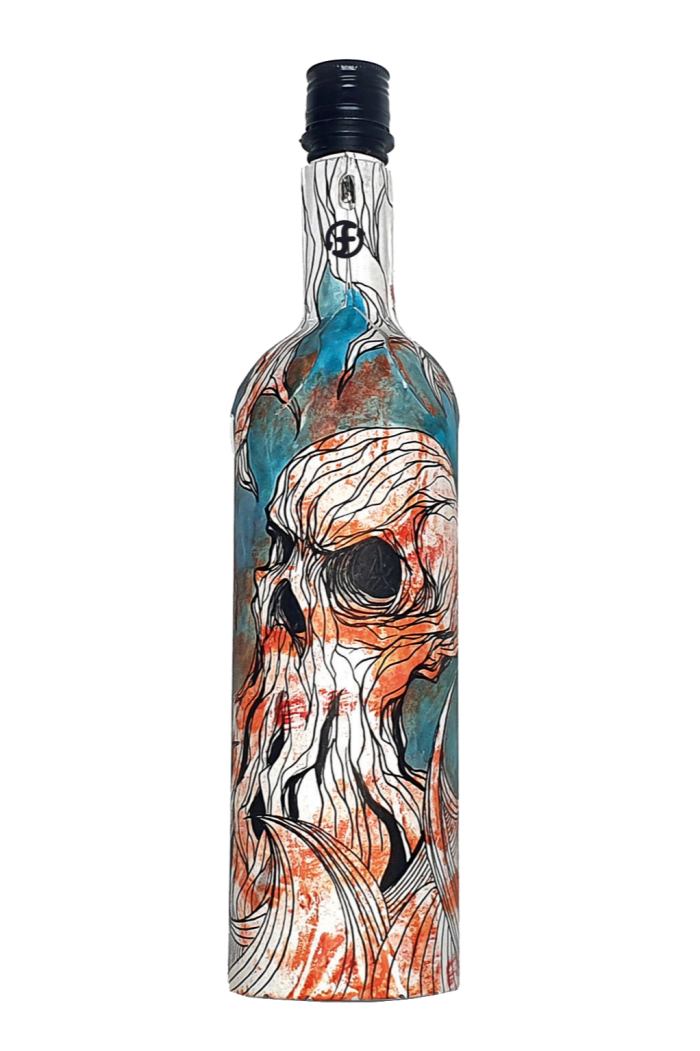
Ruinart’s answer is the Ruinart Sleeve – a chalky-white bottle wrap with the look and feel of leather that’s made entirely from recyclable wood fibres. Created in collaboration with Pusterla 1880, a packaging company founded in the late 19th century, and English paper company James Cropper, it envelops the bottle a bit like a sommelier’s napkin. It’s nine times lighter than Ruinart’s previous gift box, reducing its carbon footprint by 60 per cent, and can withstand several hours in an ice bucket. When you’re done, you can put it in your HotBin composter.
But stripping away the outer packaging is only part of the eco-battle. A far bigger problem is often the glass bottle itself. An audit carried out by Jackson Family Wines showed that the production and transport of glass bottles accounted for almost half the company’s carbon footprint. JFW has since reduced the weight of the bottles.
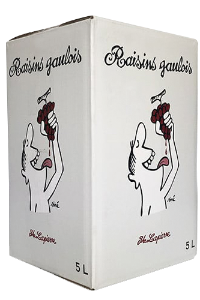
Others, meanwhile, are looking at alternatives to glass. I’ve tried “glassless” whisky cocktails sealed in an edible seaweed membrane. Garçon Wines makes a “flat” bottle from ultra-light recycled PET that can fit through a letterbox. Frugalpac has designed a wine bottle made from 94 per cent recycled paperboard, which has a carbon footprint much smaller than glass and plastic equivalents. The one snag with the Frugal Bottle is that it contains a plastic liner – it can, however, be easily removed before it is recycled, and Frugalpac claims it will also separate out in the paper pulping process if left attached. Next year Johnnie Walker says it will launch the first paper-based spirits bottle that will be 100 per cent plastic-free.
More wine merchants and bars have also started offering refills. The Hoxton hotel’s new wine bar/restaurant Rondo, in Holborn, sells all three of its kegged house wines in refillable bottles to take away. And as of this month, Borough Wines in London Bridge will also offer a bottle-deposit scheme on an impressive array of 25 wines. This includes the second wine from Bordeaux’s highly regarded Château Mauvesin Barton – which is quite a coup.
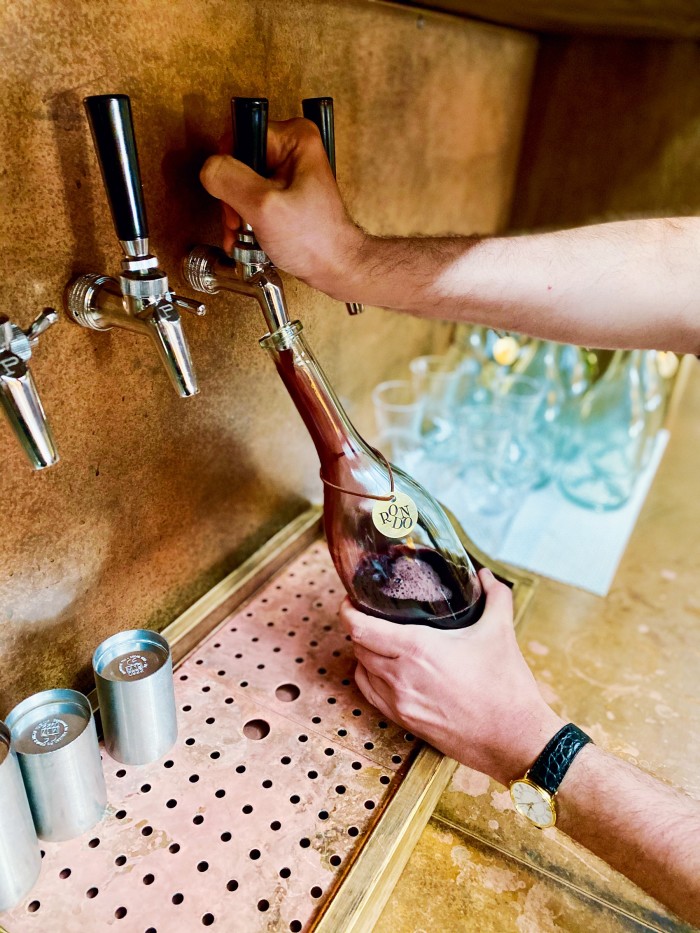
Glass may still be the best material for fine wines. But the quality of bag-in-box (BIB) wines has improved considerably. Morewine.co.uk does an excellent range of BIB, pouch and canned wines sourced from small organic/biodynamic producers all over Europe. (They’ll also recycle any plastic components for you afterwards.) The range at bibwines.co.uk is also very good.
It’s noticeable that most of the real innovation is still going on at the mid-to-lower end of the market. More luxury brands need to step up. Krug in a can, anyone?
This article originally said: “The one snag with the Frugal design is it contains a plastic liner that must be removed before it can be recycled”. This information was amended on 23 October 2020
Comments